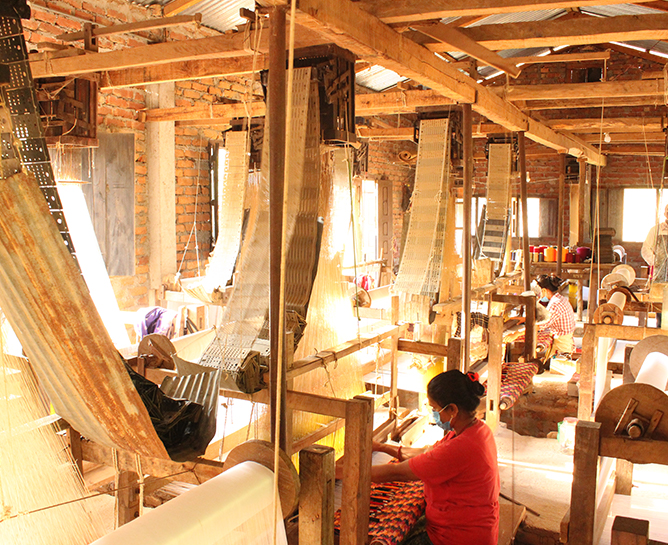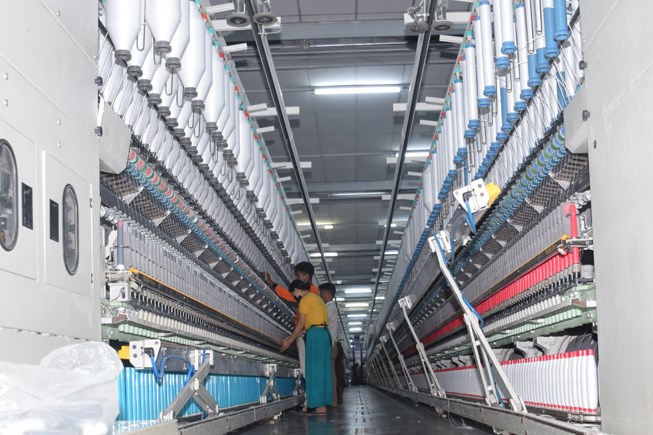The Nepal Labour Force Survey III in 2017/18 carried out by the Central Bureau of Statistics reveals that nearly one million people, 11.4% out of the total working age population, are unemployed. Out of the 20.7 million working age population, 7.1 million are employed (including 13.1% women and 10.3% men), while 908,000 people unemployed. In total, 38.1% of job seekers are young people aged between 15 and 24 years—making this the largest age group in terms of unemployment followed by the age group of 25 to 34 (31.1%). The economically active population group being dormant has a greater economic and social implication on the nation. As per the study, one in every five people who have jobs in Nepal are employed in agriculture, Nepal’s biggest employing industry. Trade industry has the second largest share of employment (17.5%), followed by construction (13.8%). The informal sector has a bigger share of 62.2%. An estimated 23.8%, close to a quarter of all employed people, are employed in service and sales occupations, followed by elementary occupations with just over 20% people. The results also show that approximately 12.3 million people aged 15 years and above are involved in production of goods at a rather subsistence level such as food for self-consumption, manufacturing of household goods, fetching water, collection of firewood and construction or major repairs of their own dwelling.
A strong skills system can contribute to structural economic transformation and growth—by enhancing employability of workers, improving labor and firm productivity for enterprises and helping nations capitalize on their human capital. An estimated 54% of South Asian youth will leave school—sans relevant skills—to enter into the job market in the next decade, according to a study conducted by Global Business Coalition for Education, the Education Commission, and UNICEF. The same study also suggests that South Asia lags behind several other regions in preparing the next generation with the skill sets they will need to correspond to the evolving 21st century job roles. The data shows South Asia has the largest youth labour force in the world with nearly 100,000 young people entering the labour market on a daily basis.







